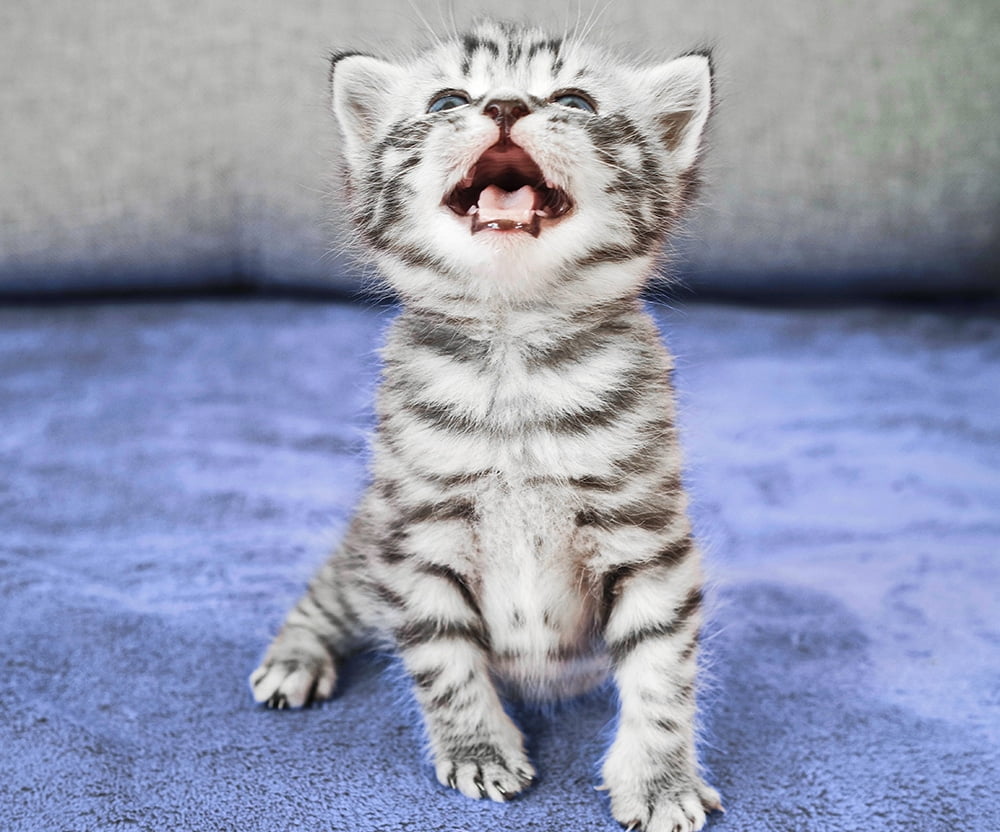How do cats change when they are pregnant?
Table of Contents
Section 1: Changes in Appetite and Eating Habits
Section 2: Nesting Instinct and Preparing for Birth
Introduction
Have you ever wondered why your cat’s behavior changed suddenly? Or how to support your pregnant feline friend? I have spent my entire career focused on the study of cat behavior and have helped cat owners in more than 30 countries. Cats have been our companions for centuries, and while they may seem mysterious, their behavior during pregnancy holds a treasure trove of insights. In this blog, we will delve into the fascinating world of feline pregnancy and explore the intriguing behaviors that pregnant cats exhibit. Understanding these behaviors not only enhances our bond with our furry friends but also helps ensure their well-being during this special time.

As we embark on this journey of understanding cat behavior during pregnancy, it’s essential to know that this topic is not only about the physical changes a pregnant cat undergoes. It’s also about her emotional and behavioral changes, which are equally significant. Cats are known for their independence and enigmatic nature, but when they’re expecting kittens, their behavior can take surprising turns. Throughout this blog, we’ll provide valuable insights and tips to help you care for your pregnant cat, ensuring a healthy pregnancy and happy motherhood.
The behavior of a pregnant cat is a complex and intriguing subject. This blog aims to shed light on the various aspects of cat behavior during pregnancy, providing you with valuable information and practical advice to support your expecting feline companion.
Q: How does cat behavior change when they are pregnant?
A: From changes in appetite and nesting instincts to shifts in social behavior, understanding cat behavior during pregnancy is essential for ensuring the well-being of your expecting feline friend.
Pregnancy can bring about significant changes in a cat’s appetite and eating habits. Understanding these changes is crucial for ensuring the well-being of your pregnant cat.
During pregnancy, a cat’s appetite can fluctuate dramatically. Some pregnant cats may become ravenous, while others may lose interest in food. These changes can be influenced by hormonal shifts and the physical discomfort that comes with carrying kittens.
- Increased appetite: Many pregnant cats experience an increase in appetite as they require more energy to support both themselves and their growing kittens. It’s important to provide high-quality, nutrient-rich food to meet their increased nutritional needs.
- Nausea and food aversion: Just like humans, pregnant cats can experience nausea and food aversion. If your cat shows signs of disinterest in food or is vomiting, consult your veterinarian for guidance on dietary adjustments.
- Frequent, small meals: Pregnant cats may prefer smaller, more frequent meals instead of one or two large meals. This can help prevent overeating and discomfort.
Understanding the changes in your cat’s appetite and eating habits is vital for providing proper nutrition during pregnancy. Tailoring your cat’s diet to her specific needs is essential to support her health and the health of her kittens.
Section 2: Nesting Instinct and Preparing for Birth
As a pregnant cat nears her due date, she often displays a nesting instinct and starts preparing for the birth of her kittens. The nesting instinct is a fascinating aspect of cat behavior during pregnancy. It’s the moment when your cat starts preparing a safe and comfortable space for her kittens.
Pregnant cats may exhibit nesting behaviors, such as kneading blankets, rearranging bedding, and seeking out quiet, secluded spots. Providing a nesting box or safe area can help satisfy this instinct. As the due date approaches, a pregnant cat may become more restless and vocal. She may also groom herself excessively. These are all signs that she’s getting ready to give birth. As a cat owner, you can support your pregnant cat by providing a quiet, stress-free environment and ensuring she has easy access to her chosen nesting area.
Understanding the nesting instinct and preparing for birth is essential for creating a safe and comfortable environment for your pregnant cat to give birth and care for her kittens.
Section 3: Changes in Social Behavior
Pregnancy can impact a cat’s social behavior, and it’s important to recognize and respect her changing needs during this time. Social behavior is a significant aspect of your cat’s life, and pregnancy can bring about shifts in how she interacts with you and other animals in the household.

- Increased affection: Some pregnant cats become more affectionate during pregnancy. They may seek more attention, petting, and cuddling from their human companions.
- Aggression or withdrawal: On the other hand, some pregnant cats may become more territorial or protective. They may display aggression towards other pets or even people, so it’s important to give them space and avoid provoking them.
- Support and understanding: Recognizing and respecting your cat’s changing social behavior is crucial. Provide her with the affection and attention she craves, but also be mindful of her need for solitude and a peaceful environment.
Adapting to your pregnant cat’s changing social behavior is key to maintaining a positive and stress-free atmosphere in your home.
Conclusion
In this blog, we’ve explored the intriguing world of cat behavior during pregnancy. From changes in appetite and nesting instincts to shifts in social behavior, understanding these aspects is essential for ensuring the well-being of your expecting feline friend. As you embark on this journey with your pregnant cat, remember that patience, care, and attention to her needs will go a long way in supporting her through this special phase of her life.


